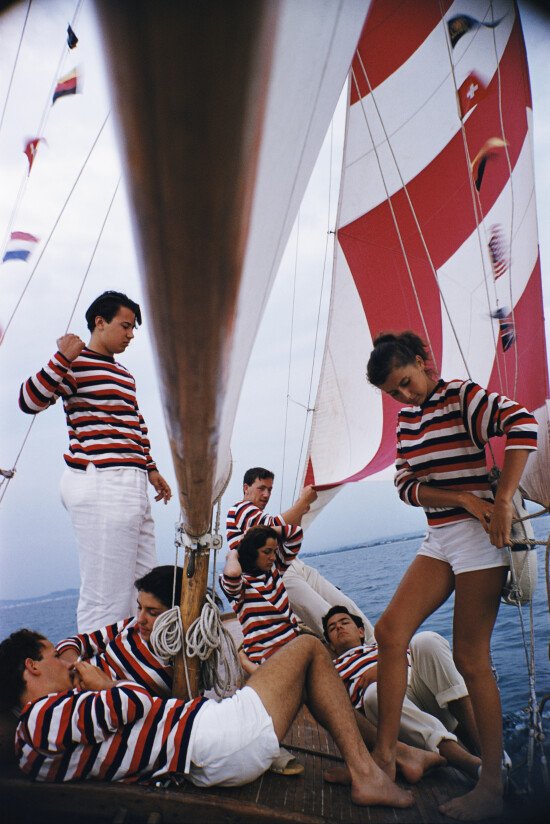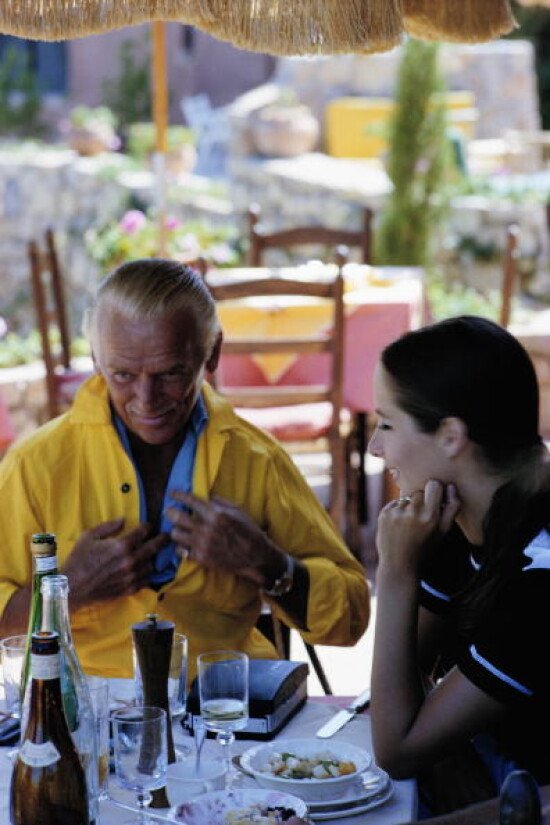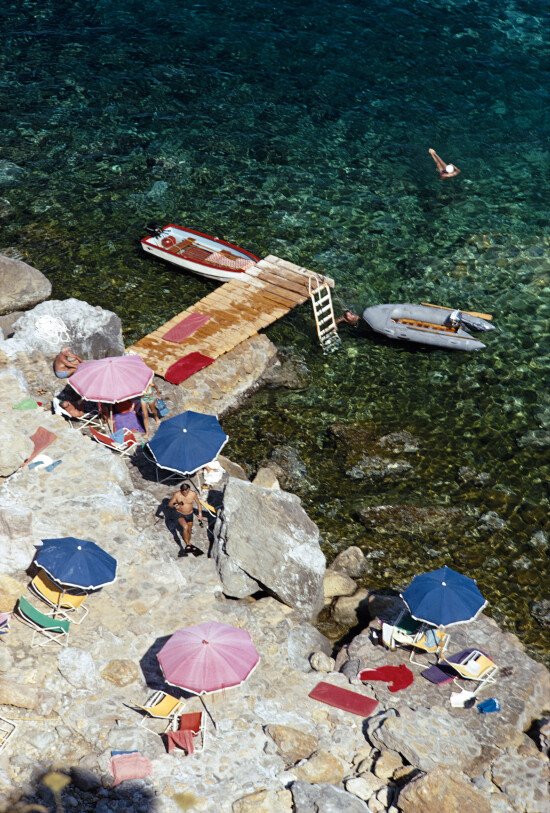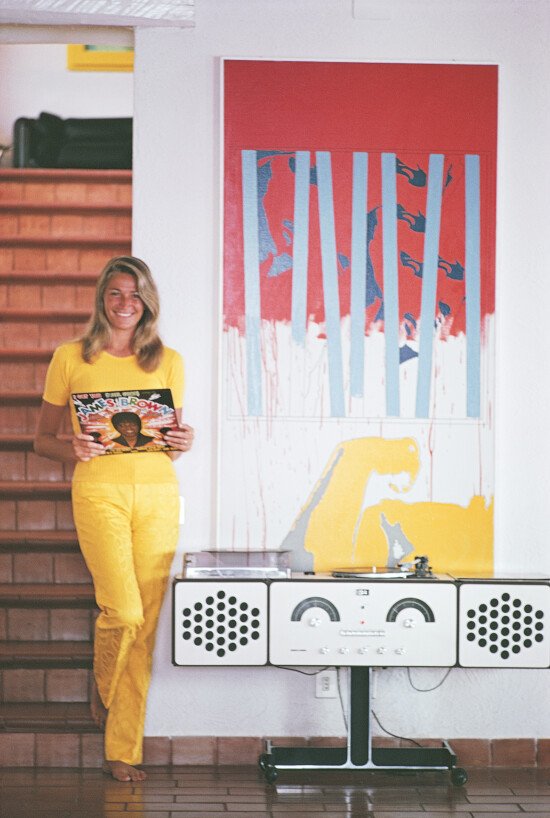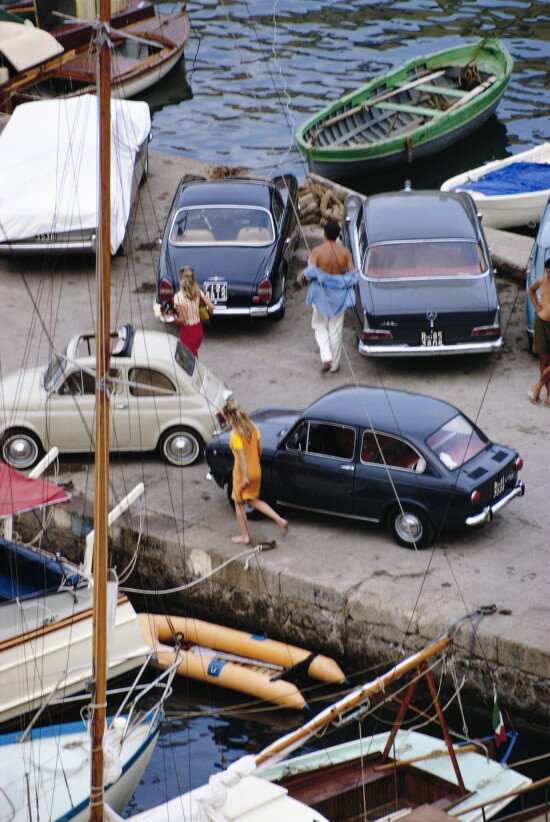Slim Aarons
La dolce vita
La Dolce Vita
It was in postwar Rome that Slim Aarons realized his professional mission in life: to photograph, in his now famous phrase, "attractive people who were doing attractive things in attractive places." The photographer had survived World War II, witnessing the fall of Tobruk, the Anzio invasion, and the liberation of Rome, and had come away from it with a distinct aversion to war, a career as a photojournalist, and a passion for Italy.
- LA DOLCE VITA -
Beautiful People of Rome
After leaving the army for a brief stint in Hollywood, he relocated to Rome when Life magazine opened a bureau there. In those luminous late 1940s, when Rome and the world were coming back to life, Slim Aarons discovered his great subject: the cavalcade of high society and aristocracy and celebrity and the settings where this special class of people displayed themselves to best effect. The Beautiful People who flocked to Rome in those years would become Slim Aarons's principal subjects for the next fifty years.
When Slim was asked to go to Korea to cover the war there (1950-53), he replied, "The only beach I am interested in landing on is one decorated with beautiful, seminude girls tanning in a tranquil sun. Beaches are made for strolling and lying on, not for invading." Slim, who would have no more of war, would find those beaches all over the world where life was sweet and gentle.
And in Italy, it would be Taormina, Capri, Porto Ercole, the Costa Smeralda, Rimini, and the Lido in Venice. Italy would be an enduring theme, as he would return year after year to photograph the aristocracy, the cultural elite, and the international jet set who found sanctuary in the country's most beautiful places. And when in Rome, he would always take the same room at the Excelsior Hotel as he had when he lived there in the 1940s.
- LA DOLCE VITA -
One Photographer's Vision
Tracing a journey from the 1940s to the 1990s, this lavish Slim Aarons collection revels in this photographer's love affair with Italy — its magnificent cities and towns and landscapes, its fashionable resorts, the pleasures of the Italian art of living — and offers a glimpse into the lives of its preeminent families in formal and informal circumstances, photographed in their palaces and on their estates, at their vacation villas and in other favorite haunts. The images collected in this paint the cultural geography of fifty years in Italy and distill one photographer's vision of la dolce vita.
Laura Hawk Cushing, who worked with Slim off and on for more than two decades, wrote,
"Slim loved Italy. He had an affinity for it that may well have been the greatest love of his life. He felt utterly at home with the Italian people, whether with a shopkeeper or a bellezza, a gangster, a moviemaker, or a marchese. I often wondered if this was because he shared a certain characteristics with the Italian people — a guileless love of life and a notable lack of pretension."


